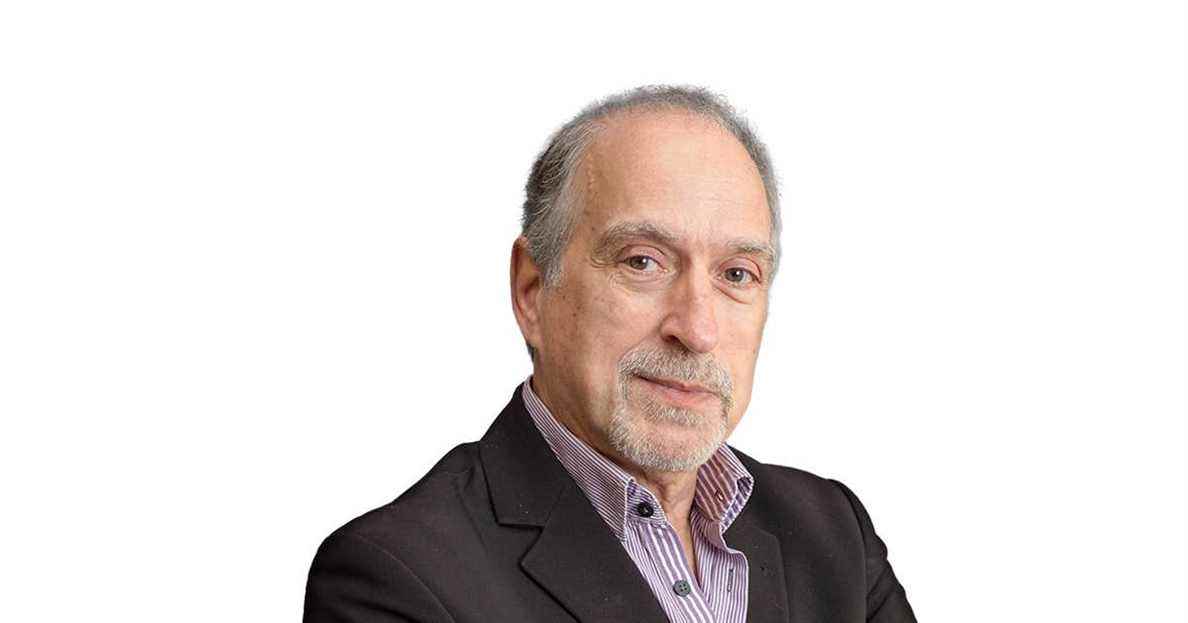The table was four meters long. On one side, the master of Moscow, reaching out to his interlocutor. On the other, the French president, straight as a peak, clinging to his headset. One wonders who wanted to humiliate the other. Is it Vladimir Putin, planting this surreal and kitsch decor? Is it Emmanuel Macron, by making last five hours – to Putin’s great displeasure – a meeting which, for the moment, has only had the positive result of having been held?
Even if no one has any illusions, the weeks to come will tell if it served purposes other than those of candidate Macron. Posing in this way as master of diplomatic clocks allows him to delay his official entry into the presidential campaign. At least this meeting will have had the merit of illustrating the failure of the Western strategy followed for 20 years against Russia. A strategy of exclusion which is today pushing Russia irremediably into the arms of China.
A few days earlier, was Vladimir Putin not the guest of honor at the opening of the Beijing Games? Already engaged in genuine military cooperation, the two great heirs of 20th century communist totalitarianismand century took the opportunity to sign a declaration supporting the “security guarantees” demanded by Putin in Ukraine.
This worst-case scenario, Emmanuel Macron had however had the intuition. Unlike his own diplomats, he had tried to reverse the game by welcoming Poutine to the Grand Trianon of Versailles, then to Brégançon on the sidelines of a G7. But, as in domestic politics, it is his propensity to practice “at the same time” (and his support for sanctions against Russia) that will have prevented him from establishing a serious relationship with Moscow. This “Russian failure”, in the words of Isabelle Lasserre (Macron, the disruptorL’Observatoire) will finally have confirmed Putin in his conviction that he will never be able to trust France and even less in Europe.
Faced with the Ukrainian mess, it is not useless these days to re-read Alexander Solzhenitsyn. As early as 1968, the dissident had foreseen that “with Ukraine, things [allaient] become extremely painful. Because Ukraine is not a neighbor like the others for the Russians. Kiev is to Russia what Reims has been to France since the baptism of Clovis. This is where the Slavic Orthodox civilization was born in 988 with the baptism of Prince Volodymyr, which Russians and Ukrainians still claim. Closer to home, we will remember that Khrushchev and Brezhnev were Ukrainians.
It is no coincidence that Putin often quotes Solzhenitsyn. The Nobel Prize has understood better than anyone the deep crisis that is tearing the Russian soul apart. A crisis which pushes this country to ask itself once again whether it is in Europe or in Asia and which led Solzhenitsyn, after the collapse of the USSR, to dare this existential question: “Will we still exist as rousskie ? »
But Putin did not read Solzhenitsyn to the end. This one had understood that the problem of Russia was not nationalism, but the empire. “We had powers and rulers in Russia who pursued goals other than the well-being of our country,” he wrote. It’s time to change. […] They wanted a Russian empire, they didn’t want a Russian nation. »
Ukraine and Russia may belong to the same civilization, but for several years all Russian actions aimed at restoring close kinship with Ukraine have only fueled Ukrainian national sentiment and pushed the country into the arms of NATO. . The same is true these days, as Putin takes advantage of US weakness and a Europe strangled by gas prices to put on a show of power.
Unfortunately, today’s opposition to Russia in the West, and especially in the United States, looks like an ideological war. In 2017, Republican Senator Lindsey Graham did not hesitate to call Russia an “evil spirit”. The Democratic campaign against Russian interference in the 2016 election was driven by the same hysteria. It is not only a question of attacking the imperial inclinations of a tough regime – which nevertheless remains the most democratic that Russia has ever known, as political scientist Dominique Reynié pointed out. It is a question of attacking Russian national sentiment and Putin’s refusal to tick the boxes of ambient progressivism, forgetting that despite all his faults, the president at least has the merit of having brought his country out of chaos.
Because of its historical ties both with Russia and with the former countries of the East, France should be in the best position to understand both legitimate Ukrainian national sentiment and Russia’s equally legitimate fear of seeing itself surrounded. Unfortunately, the economic downgrading of France and its erasure in the European magma make its voice inaudible.
Certainly, it is time to firmly remind this great reader of Solzhenitsyn that Vladimir Putin is the watchword of the author of The Gulag Archipelago “Let’s abandon the empire!” In contrast, in a world that is once again becoming bipolar, there would be no worse mistake than continuing to isolate an injured bear.
